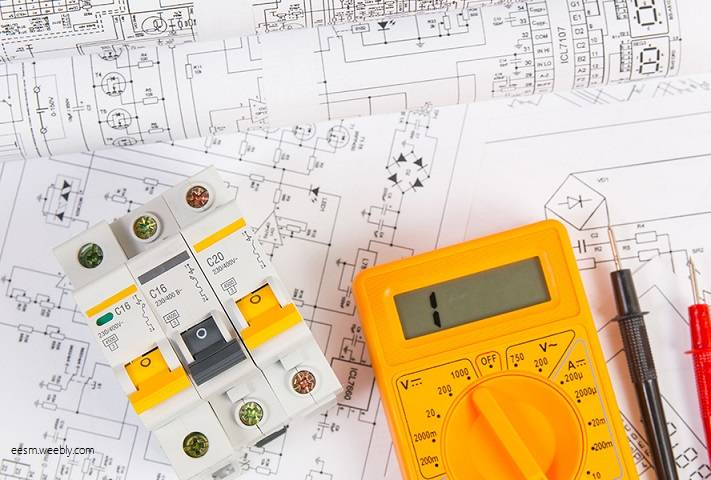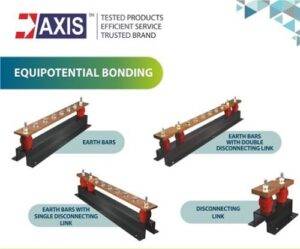Fasteners are hardware components like screws, nuts and bolts that mechanically join two or more objects together. Fasteners are used to create non-permanent joints, that can be dismantled without damaging the joining objects. Unlike fasteners; welding, crimping, soldering are examples of creating permanent joints where the connected objects cannot be separated without causing any damage. Some examples for Fasteners include machine bolts, oval eye bolts, double arming bolts, carriage bolts, thimble eye bolts, pilot pin, lag screws etc. Fasteners are usually made of stainless steel, carbon steel and copper alloy.
Types Of Fasteners:
There are different types of fasteners based on the various applications. We shall discuss some important ones here.
- Screws: Screws have threaded shafts with durable holding power. Unlike a bolt, they don’t require anything to hold them in place. Usually, we use a drill to make a pilot hole in the material and then use a screwdriver to drive the screw in the place.
- Nails: The main difference between a screw and a nail is that a nail doesn’t have threading. While a nail doesn’t provide the same holding power a screw does, it has greater shear strength, making it the better choice in some applications.
- Nuts, Bolts and Washers: These pieces together work to hold or fix parts of objects to each other. You insert the bolt through the two parts you want to join, then fasten it in place with a nut on the end. A washer is a flat disc with a central opening. It distributes the fastener’s load smoothly across the surface of the material.
Features Of Fasteners:
When selecting fasteners for electrical or industrial applications, it is important to consider a variety of factors. The threading, the applied torque on the fastener, the stiffness of the fastener, and the number of fasteners needed should be taken into account.
When choosing a fastener for a given application, it is important to consider the requirements to select the proper type of Fastener, with the right dimension, material, load strength etc.
Factors considered before selecting a Fastener:
a) Accessibility
b) Environmental factors: temperature, water exposure, potentially corrosive elements etc.
c) Installation process
d) Materials to be joined
e) Reusability
f) Weight restrictions
In any electrical installation, the quality of the fasteners used is directly related to the performance of the whole system. This emphasizes the importance of choosing Fasteners that are designed to be more reliable. They should not require frequent changing due to rusting or corrosion. They also need to have good mechanical strength and be failure-proof so that you will not have to shut down the process or industry due to fastener failures.
One should also remember that often, industrial areas deal with high temperatures and the temperature also tend to fluctuate a lot. A lot of electricity is usually surging through the equipment that affecting the electrical joints and components used in them. Therefore, you need to choose fasteners that can withstand a lot of heat and those that have good mechanical strength.
Axis offers you a wide range of Fasteners manufactured from quality material and tested based on industry standards. Standard products, as well as customized products, are available according to customer requirements. Get more details about our Fasteners on our Product page.
Thank you for reading the blog, Axis is a leading manufacturer and supplier of Electrical Components to over 80+ Countries. Talk to our industry expert by visiting our contact us section. You can also watch our videos by our experts – click here.









